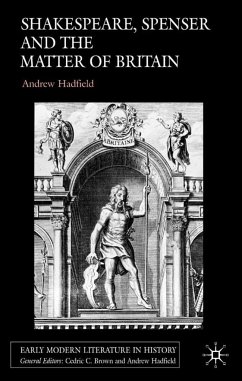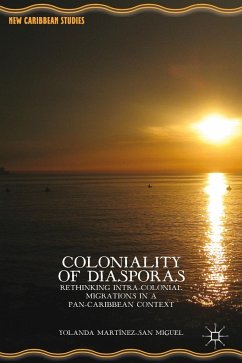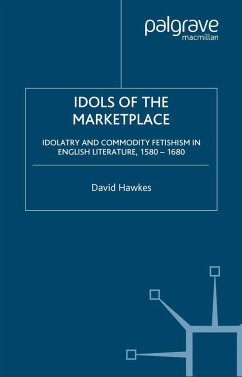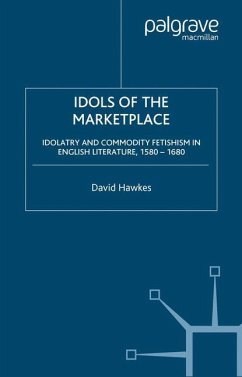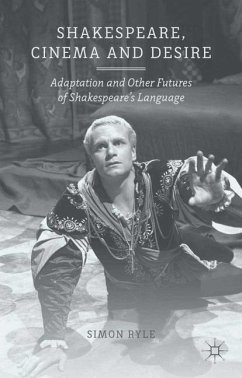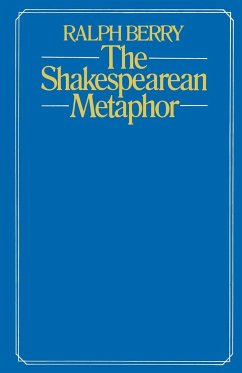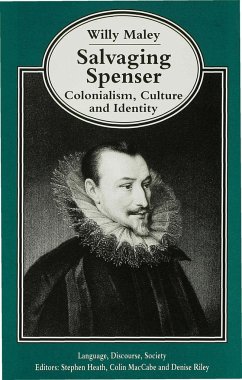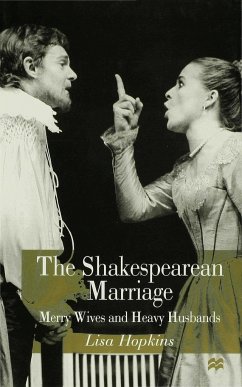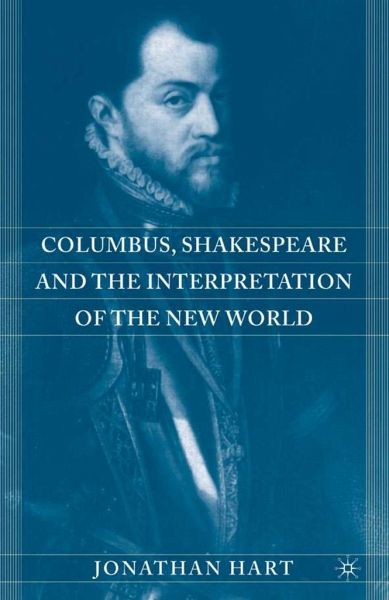
Columbus, Shakespeare, and the Interpretation of the New World

PAYBACK Punkte
38 °P sammeln!
Columbus, Shakespeare, and the Interpretation of the New World explores a range of images and texts that shed light on the complexity of the European reception and interpretation of the New World. Jonathan Hart examines Columbus's first representation of the natives and the New World, the representation of him in subsequent ages, the portrayal of America in sexual terms, the cultural intricacies brought into play by a variety of translators and mediators, the tensions between the aesthetic and colonial in Shakespeare's The Tempest , and a discussion of cultural and voice appropriation that exa...
Columbus, Shakespeare, and the Interpretation of the New World explores a range of images and texts that shed light on the complexity of the European reception and interpretation of the New World. Jonathan Hart examines Columbus's first representation of the natives and the New World, the representation of him in subsequent ages, the portrayal of America in sexual terms, the cultural intricacies brought into play by a variety of translators and mediators, the tensions between the aesthetic and colonial in Shakespeare's The Tempest , and a discussion of cultural and voice appropriation that examines the colonial in the postcolonial. This book brings the comparative study of the cultural past of the Americas and the Atlantic world into focus as it relates to the present.






